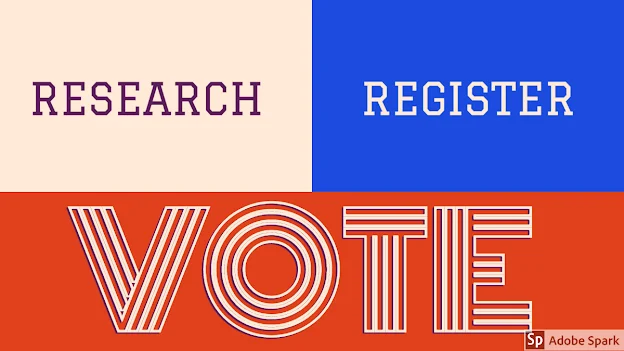SHORT BACKGROUND
Why? For without our vote and support citizen aspiring for public office will not hold office
Having that kind of big responsibility is truly something and has a corresponding “ RESPONSIBILITY” spiderman said “with great power comes great responsibility”
Dr. Jose Rizal – tal pueblo, tal goberno
it is a duty that will shape the future of our country!
Citizen of the state who enjoys the right to suffrage is called electorate. This electorate cast their votes during the election
What is Election ?
Election is the means by which the people choose their officials for definite and fixed.
Number of Elective Position
|
Number of Elective Position |
|
|
Numbers |
Position |
|
1 |
President |
|
1 |
Vice-President |
|
24 |
Senators |
|
57 |
Partly-List Representative |
|
230 |
Member, House of Representatives |
|
80 |
Governors |
|
80 |
Vice-Governors |
|
766 |
Member, Sangguniang Panlalawigan |
|
137 |
City Mayors |
|
137 |
City Vice-Mayors |
|
1524 |
Member, Sangguniang Panglungsod |
|
1497 |
Municipal Mayors |
|
1497 |
Municipal Vice-Mayors |
|
11980 |
Sangguniang Bayan Members |
Source: Personnel Department, COMELEC. (2010). Philippine Election: A Continuing Challenge, COMELEC. p. 5
What are the different types of electoral exercises ?
|
Regular elections |
Special elections |
|
•National
•Local
•Barangay
•ARMM
•Sangguniang Kabataan |
•Plebiscite
•Referendum
•Initiative
•Recall |
The following are the scope of suffrage:
1.Election- It is the selection of candidates to public office by popular vote of the people
2.Plebiscite- electoral process by which a proposed amendment to the Constitution is approved or rejected by the people
3.Initiative- the power of the people to propose amendments to the Constitution or to propose and enact legislation through an election called for the purpose. There is three system of initiative:
a.Initiative on the Constitution: a petition proposing amendments to the Constitution;
b.Initiative on statutes: a petition proposing to enact a national legislation;
c.Initiative on local legislation: a petition proposing to enact a regional, provincial, city, municipal or barangay law, resolution or ordinance.
1.Referendum-. The power of the electorate to approve or reject a piece of legislation through an election called for the purpose. There are two classes of referendum. These are:
a.Referendum on statutes - a petition to approve or reject an act or law, or part thereof, passed by Congress; and
b.Referendum on local laws or ordinances - a petition to approve or reject a law, resolution or ordinance enacted by regional assemblies and local legislative bodies.
1.Recall- a method by which a local elected public officer may be removed from office during his tenure or before the expiration of his term by a vote of the people after registration of a petition signed by a required percentage of the qualified voters.
See. Sec. 2(a), R.A. 6735
- Initiative on the Constitution: a petition proposing amendments to the Constitution;
- Initiative on statutes: a petition proposing to enact a national legislation;
- Initiative on local legislation: a petition proposing to enact a regional, provincial, city, municipal or barangay law, resolution or ordinance.
How often are elections held ?
- Every 2nd Monday of May for national and local elections
- President and Vice-President: every 6 years
- Senators, Congressmen, Provincial, City and municipal officials: every 3 years
- Every last Monday of October, every 3 years for barangay and SK officials
- Every 3 years from March 1993 – ARMM elections



![Reviewer for DOST-SEI Undergraduate Scholarship Examination [DOWNLOAD]](https://blogger.googleusercontent.com/img/b/R29vZ2xl/AVvXsEiWZ6Vnrzdhsnvix_faSKaShGj2OxolFRfG34QthqyvaLBjMwNE39oDc_Q4wNfx0NlwlRD71_S3-_CVJStIlQ9zOzhvkCuL4GS1VVFHMe9SQ1vBRtB0NAp7boI9cCGNsT0c0ECZ6NpEVic/w100/siyensyabilidad2a.jpg)
0 Comments